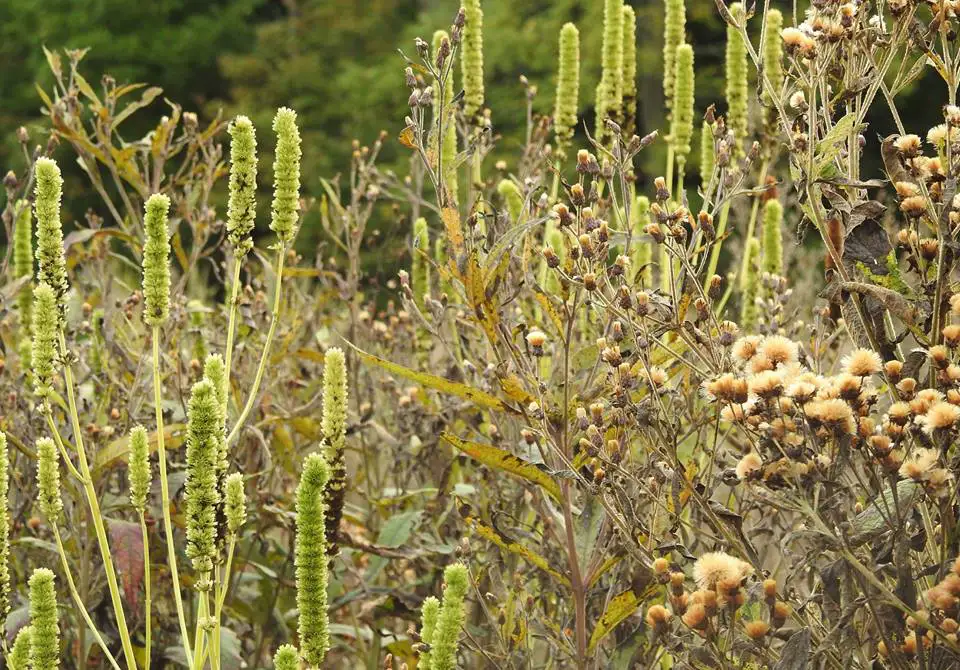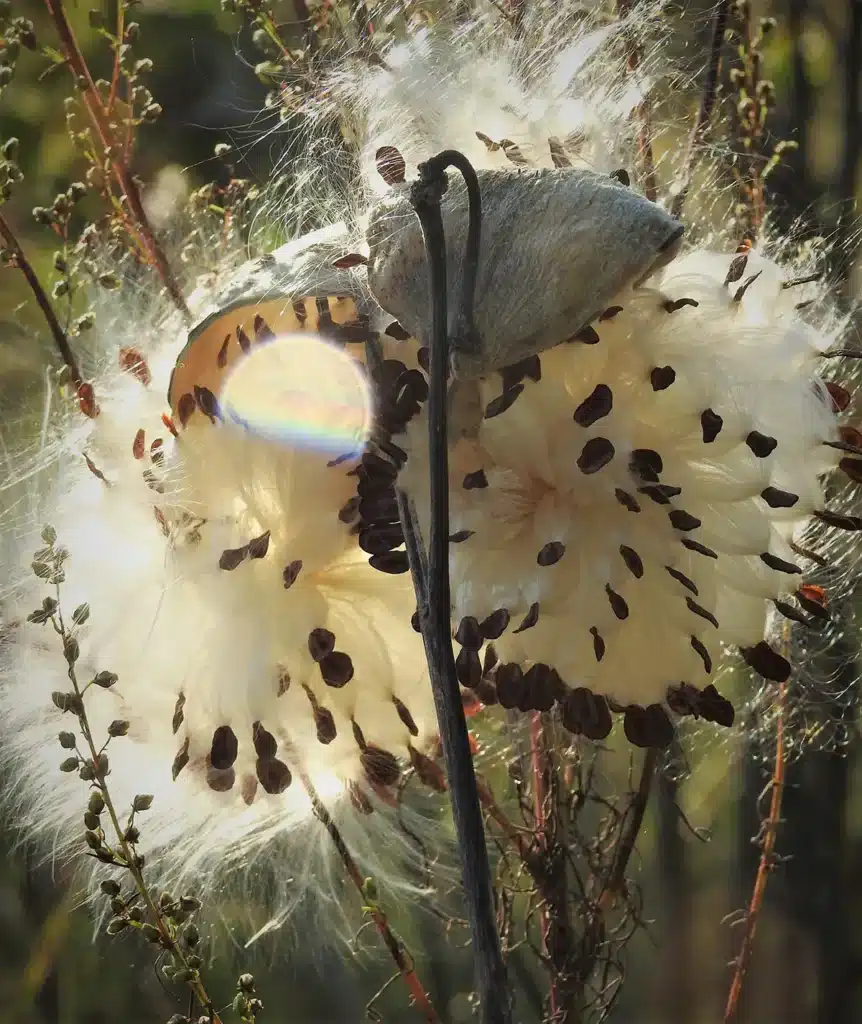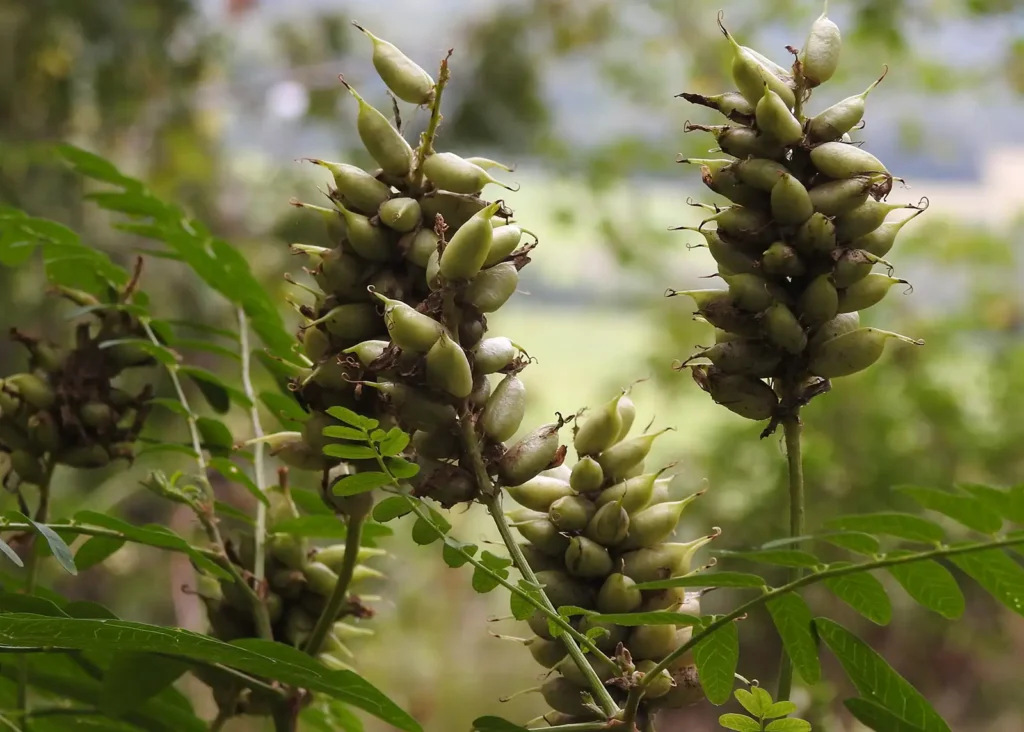Part of the Stories from the Greenbelt series
Introducing the Southern Ontario Seed Strategy
More than ever, we are looking to native plants to heal the landscape, but ecologically appropriate plants can be difficult to produce at the scale restoration projects demand and called for by the UN Decade on Ecosystem Restoration. What can we do in southern Ontario where native plants have been removed from over 80 per cent of the landscape?
Seeds are both exceptionally powerful, and precariously fragile; by protecting them, we can safeguard existing habitats and ensure that stewardship efforts do not generate further exploitative relationships with these plants and our shared environment.
With efforts underway to protect the flora of southern Ontario, Carolinian Canada is facilitating a process to inform and guide seed collection, propagation, and restoration of native plants. Known as the SOSS (Southern Ontario Seed Strategy), central to its mission of revitalizing healthy native plant populations is a commitment to reconciliation with Indigenous peoples. Building partnerships and holding ethical space means that together, we can heal the land and foster respectful relationships, support climate resilience, and grow habitat for biodiversity.
Southern Ontario is the most biodiverse region of Canada, with the most fragmented, and heavily colonized ecosystems. To restore diverse native plant communities, we start by acknowledging that Indigenous communities have stewarded this land since time immemorial. Therefore, Indigenous knowledge and leadership are essential for stewardship and restoration. A native plant and seed conservation strategy must uphold Indigenous land and seed sovereignty, and support Indigenous-led rematriation of native plants and seeds.
We acknowledge that habitats comprised of native plants continue to be destroyed through colonial attitudes and practices. Plants are our partners in life. To restore them, we must restore our relationship with them, by giving them back their inherent and autonomous regenerative potential. Seeds should be collected ethically and handled with care and respect. A single seed can turn itself into a million more in one season. By removing the barriers to native plant abundance and creating space for natural processes, we can safeguard existing habitat and decolonize the landscape through the regenerative power of seeds.
The SOSS will bring together networks for native plant growers, farmers, gardeners, scientists, industry, and Indigenous rights-holders to support native plant populations strategically, and ethically, to increase the capacity for growing healthy, diverse, and resilient landscapes. The goal is to improve habitat, and respect the autonomy and dignity of the plants, while upholding Indigenous land and seed-sovereignty. Through horticulture and agriculture, we can work with plants to help them flourish. These networks inform seed-based stewardship efforts for rare plants and wildlife, culturally significant species and keystone species needed for large-scale landscape restoration, living seed banks, and climate adaptation.
Partnering with plants is not a new idea, people have partnered with plants for millennia. People bring ingenuity, rapid mobility, and opposable thumbs to this relationship while plants bring over 300 million years of knowledge of nurturing seeds. Each species is fine-tuned to make as many seeds as possible with the fewest resources possible.
Strategic ecosystem recovery relies on reciprocal partnerships between native plants and people. Seeds are both exceptionally powerful, and precariously fragile; by protecting them, we can safeguard existing habitats and ensure that stewardship efforts do not generate further exploitative relationships with these plants and our shared environment.
Carolinian Canada is part of the Southern Ontario Nature Coalition which is supported by the Greenbelt Foundation.
Stefan Weber is a plant ecologist and horticulturalist with a keen interest in rare native plants, seed conservation and ecosystem restoration. In addition to his role with CCC, Stefan is the director and co-founder of the Ontario Plant Restoration Alliance, a small not-for-profit organization that helps create ex-situ ‘Seed Conservation Orchards’ to support the restoration of uncommon and threatened plants. Stefan has his PhD in Ecology from McMaster University.
To read our previous blogs, please click here.
Header image credit: Stefan Weber





